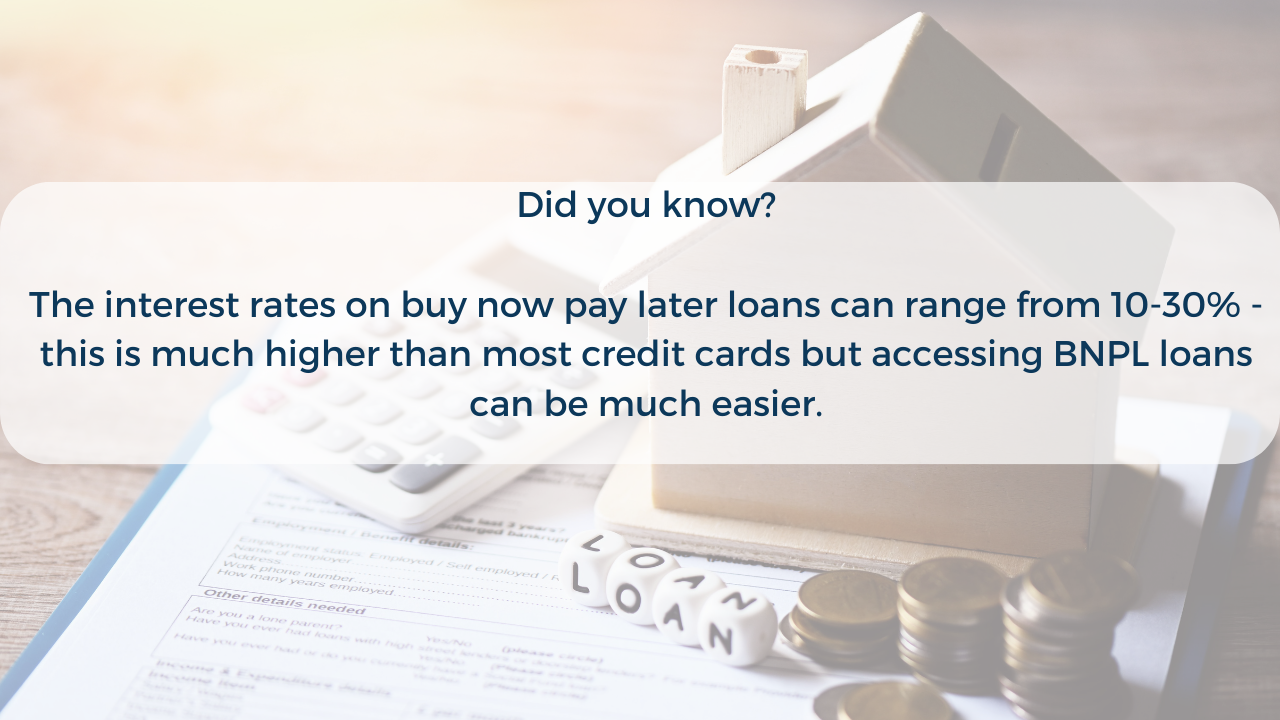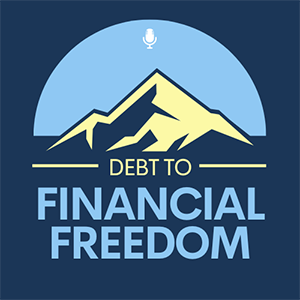In my role as a mortgage broker, I love helping clients to understand the distinction between good debt and bad debt. While debt is often seen as a burden, it can also be a tool for financial growth and empowerment. In this article, I explore the differences between good debt and bad debt, providing valuable insights to help you make informed financial decisions. Bottom line – not all debt is created equally and not all debt is bad – read on to learn more!
Defining Good Debt and Bad Debt
- Good Debt: Good debt refers to borrowing money for investments or assets that have the potential to increase in value over time, such as a mortgage for a property or a student loan for education. It is an investment in your future and can lead to long-term financial benefits.
- Bad Debt: Bad debt, on the other hand, is incurred for non-essential items or depreciating assets, such as credit card debt for luxury purchases or high-interest personal loans, payday loans, Buy-Now-Pay-Later (BNPL) and store credit. It usually does not generate any long-term value and can quickly become a financial burden if you do not pay the debt back before you start to accumulate interest.

The Purpose of Good Debt
- Good debt serves as a strategic tool to leverage opportunities and enhance financial well-being. For example, a mortgage allows you to own a property that can appreciate in value, build equity, and provide rental income. Similarly, student loans can lead to higher education, improving job prospects and earning potential.
The Pitfalls of Bad Debt
- Bad debt can hinder financial growth and create a cycle of financial stress. High-interest rates and fees associated with credit card debt or payday loans can quickly accumulate, making it challenging to repay. These debts often lack a clear financial purpose and may lead to a constant struggle to meet repayment obligations.
Evaluating Debt: The Key Factors
When assessing whether a debt is good or bad, consider the following factors:
- Purpose: Does the debt serve a long-term financial goal or provide a tangible asset?
- Return on Investment: Will the debt generate a positive return or improve your financial situation?
- Affordability: Can you comfortably manage the repayments without jeopardising your financial stability?
- Interest Rates: Are the interest rates reasonable and favorable for the debt type?
Strategies for Managing Debt:
- Prioritise High-Interest Debt: Focus on paying off high-interest debts first to minimise the overall interest paid.
- Create a Budget: Establish a realistic budget to track your income and expenses, ensuring you have sufficient funds for debt repayments.
- Seek Professional Advice: Consult with a trusted mortgage broker or financial advisor who can provide personalised guidance and help you navigate debt management strategies.
Understanding the difference between good debt and bad debt is crucial for financial empowerment. By leveraging good debt strategically and avoiding bad debt, you can create a path towards long-term financial stability and growth.
By understanding the power of leveraging debt strategically, you can navigate towards a more secure financial future. Remember, it’s essential to evaluate each debt opportunity based on its purpose, return on investment, affordability, and interest rates. With careful planning and execution, you can use good debt to build wealth, invest in assets, and achieve your financial goals. On the other hand, being aware of the risks associated with bad debt can help you avoid unnecessary financial strain and protect your long-term financial stability.
Managing debt effectively requires a comprehensive approach. Start by assessing your current financial situation and identifying any existing bad debts that need attention. Create a realistic budget to prioritise debt repayment and allocate funds towards savings and investments. Consider consolidating high-interest debts into more manageable loans and explore opportunities to refinance at favorable interest rates.
Educating yourself about financial literacy is crucial in making informed decisions about debt. Seek professional advice from a trusted mortgage broker, like myself, who can provide personalised guidance tailored to your specific needs and goals – or refer you to one of my trusted partners for other specific support. If you’d like to have my guidance and support in navigating your mortgage, book a free call with me here.
Remember, debt is a tool that can either work for you or against you. By distinguishing between good debt and bad debt, and implementing effective strategies to manage your finances, you can harness the power of debt to create wealth, secure your future, and achieve financial freedom.







